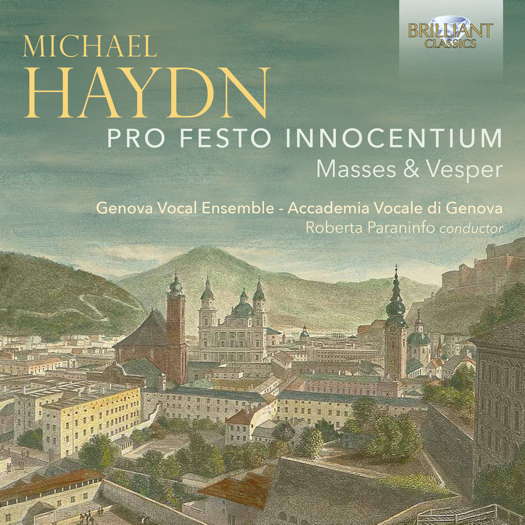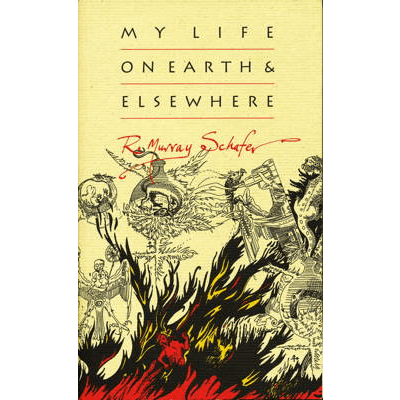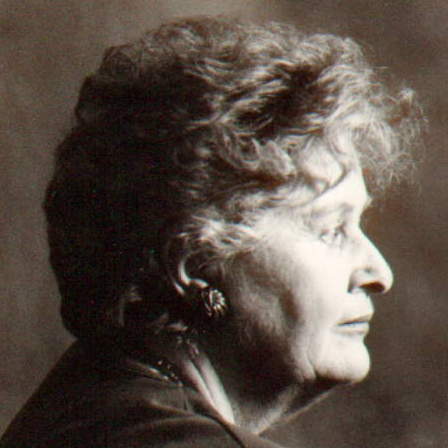 FEEDBACK: She said WHAT? Read what people think about our Classical Music Daily features, and have your say!
FEEDBACK: She said WHAT? Read what people think about our Classical Music Daily features, and have your say!

Spiritual Gravitas and Edifying Beauty
GERALD FENECH is moved by Johann Michael Haydn's vocal and choral music
'Roberta Paraninfo and her Italian choristers deliver riveting performances full of immaculate singing that penetrates straight to the heart, and Michael Haydn's superb choral writing is brought to the fore with flowing simplicity.'
Johann Michael Haydn was born on 14 September 1737 in the Austrian village of Rohrau. With the help of his older brother Joseph, Michael went to Vienna at the age of eight to start his professional career. Aged twelve, the younger Haydn was earning extra money as a substitute organist at St Stephen's Cathedral, and had reportedly performed preludes and fantasies of his own composition. Reliable sources indicate that Michael was a brighter student than Joseph, and that it was the former's singing that was the more admired. One has to keep in mind that the two brothers formed part of the Cathedral Choir, and music critics were always keen to draw comparisons. About 1753, he left the choir school because his voice broke.
In 1760 Michael was appointed Kapellmeister at Grosswardein, and later, in 1762, was appointed concert master at Salzburg, where he remained for forty-four years, during which he wrote over 360 compositions comprising both church and instrumental music. Naturally, while in Salzburg, he came to the attention of Mozart, who held his work in high esteem. Unfortunately, the women in Mozart's family disliked Haydn's wife, the singer Maria Magdalena Lipp, and Papa Mozart criticized severely Haydn's heavy drinking. Despite these personal shortcomings, Michael Haydn had a fine reputation as a teacher, and two pupils of his are considered as excellent composers who contributed much to Romanticism: Carl Maria von Weber and Anton Diabelli.
Michael remained close to his elder brother Joseph all his life. Indeed, Joseph regarded his brother's music highly, to the point of feeling Michael's religious works were superior to his own, particularly in their devotional intimacy, as opposed to Joseph's monumental and majestic, more secularized, symphonic style. In 1802, Michael was offered two top positions by both Esterhazy and the Grand Duke of Tuscany. Unsure, he wrote to his brother Joseph for advice on whether or not to accept any of them, but in the end he remained in Salzburg, where he died on 10 August 1806, aged sixty-eight.
Michael was a prolific composer of the first order, but unfortunately posterity has not treated him kindly. Indeed, many of his works are of a respectable level and should be revived.
This issue should serve as a catalyst for further recordings of this composer's works, particularly sacred ones. The compositions in this genre are generally regarded as his most important, and the three pieces on this programme reveal a composer of deep faith, whose works are full of spiritual gravitas and edifying beauty that grip the listener from start to finish.
Listen — Johann Michael Haydn: Dona Nobis Pacem (Missa Sancti Aloysii)
(96688 track 23, 0:00-0:52) ℗ 2022 Brilliant Classics :
The two Masses: Missa Sancti Aloysii (1777) and Missa sub titulo Sancti Leopoldi (1805) are absolutely inspired, and the music is as reverential as it is moving.
Listen — Johann Michael Haydn: Credo (Missa sub titulo Sancti Leopoldi)
(96688 track 3, 2:17-3:05) ℗ 2022 Brilliant Classics :
The Vesper in F (1793) is less grand, but not short on moments of devotional serenity.
Listen — Johann Michael Haydn: Dixit Dominus (Vesper in F)
(96688 track 99, 2:16-2:58) ℗ 2022 Brilliant Classics :
Roberta Paraninfo and her Italian choristers deliver riveting performances full of immaculate singing that penetrates straight to the heart, and Michael Haydn's superb choral writing is brought to the fore with flowing simplicity.
A beautiful release that should make serious music lovers more aware of this composer's musical gifts.
Copyright © 22 November 2022
Gerald Fenech,
Gzira, Malta

CD INFORMATION - MICHAEL HAYDN: PRO FESTO INNOCENTIUM




